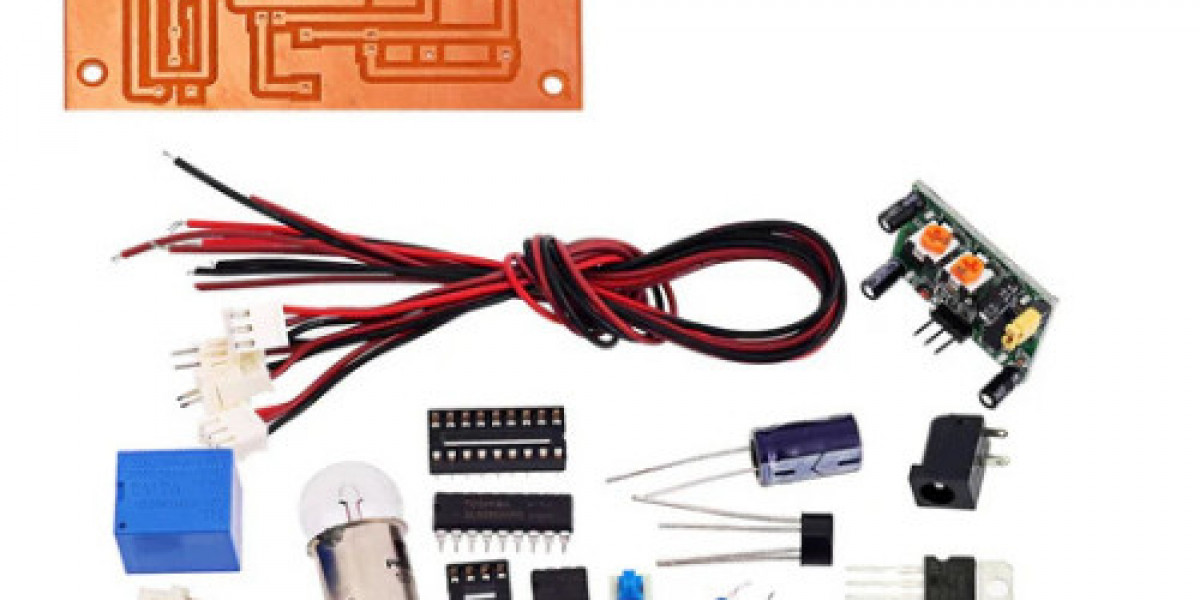Studying MBBS in Egypt has become a popular and practical choice for Indian students seeking affordable yet globally recognized medical education. Egypt is home to some of the oldest and most prestigious medical universities in the world, offering a balanced combination of quality education, modern infrastructure, and clinical exposure. With several universities approved by the National Medical Commission (NMC) of India and recognized by the World Health Organization (WHO), Egypt has emerged as a significant destination for Indian students aspiring to become doctors.
Why Study MBBS in Egypt?
The demand for medical seats in India continues to exceed supply, with limited government college seats and expensive private institutions. Against this backdrop, Egypt offers an attractive alternative where students can pursue MBBS programs in English, pay significantly lower tuition fees compared to Indian private colleges, and graduate with a degree that is widely accepted around the world. In addition to cost benefits, Egyptian universities provide robust clinical training and are known for producing skilled international medical graduates.
Choosing the Right University in Egypt
The first step in studying medicine in Egypt is choosing the right university. Several Egyptian medical universities offer English-medium programs tailored for international students. Among the most reputed institutions are Cairo University, Ain Shams University, Alexandria University, Tanta University, and Mansoura University. These universities are known for their well-structured MBBS curriculum, experienced faculty, and excellent hospital affiliations, ensuring that students receive both theoretical and practical medical training.
Admission Process for MBBS in Egypt
Once a student selects a preferred university, the next step is to understand and fulfill the admission requirements. The basic eligibility criteria require the student to have completed their 10+2 education with Physics, Chemistry, and Biology as core subjects. A minimum of 60 percent aggregate marks in PCB is typically required, though some universities may consider applications with 50 percent marks depending on the overall academic profile and availability of seats. In addition to academic qualifications, it is mandatory for Indian students to qualify for the National Eligibility cum Entrance Test (NEET). A valid NEET score is not only essential for securing admission but also crucial for obtaining eligibility from the NMC to practice medicine in India after graduation.
Application and Documentation Steps
Once eligibility is confirmed, the application process begins by filling out the university’s online application form or submitting it through a registered consultancy. Students are required to upload scanned copies of documents including their 10th and 12th-grade mark sheets, NEET scorecard, passport, recent photographs, birth certificate, and a medical fitness certificate. Some universities may also require a police clearance certificate and an affidavit of financial support. After the university evaluates the application and finds it satisfactory, a provisional admission letter is issued to the student.
Following this, the student is required to pay a part of the tuition fee or a seat confirmation deposit, after which the university issues the official acceptance letter. This document is essential to apply for a student visa. Indian students need to apply for an Egyptian student visa through the Embassy of Egypt in New Delhi or the Consulate General in Mumbai. The visa application must include the official admission letter, fee payment receipt, a valid passport with at least one year of validity, completed visa application form, recent passport-size photographs, a medical certificate showing vaccination details, and proof of financial capability to cover study and living expenses in Egypt.
Student Visa Process for Egypt
The Egyptian student visa is generally issued for one year and is renewable annually based on the student’s academic progress and continued enrollment. The visa processing time is usually between ten to fifteen working days, although students are advised to apply at least four to six weeks before their travel date. Once the visa is granted, students can make travel arrangements and are expected to report to the university before the academic year commences, typically in September or October.
Cost of Studying MBBS in Egypt
In terms of finances, Egypt offers one of the most economical MBBS programs abroad. The total tuition fees for a six-year MBBS program typically range from INR 22 to 30 lakhs, depending on the university. Hostel accommodation is usually provided on or near campus and costs between INR 50,000 to 70,000 per year. Monthly expenses for food, transportation, and other living costs generally fall within INR 6,000 to 10,000, making it manageable for most Indian families. Additional costs include visa processing, health insurance, and flight tickets. Many universities also offer Indian food facilities or allow students to cook for themselves, which makes adaptation easier.
Life and Living Conditions in Egypt for Indian Students
Life in Egypt as a medical student is both enriching and comfortable. Most universities have active international student departments that help Indian students adjust to their new environment. Egyptian society is culturally rich and shares several similarities with Indian traditions, including dietary habits. English is widely spoken in academic settings, although learning basic Arabic is helpful for day-to-day interactions and clinical rotations. Major cities like Cairo and Alexandria are considered safe, especially within university zones and student accommodations.
Post-MBBS Career Opportunities and FMGE/NExT
Upon completion of the MBBS program, students are awarded an internationally recognized medical degree. Indian students who wish to return to India and practice medicine must clear the Foreign Medical Graduate Examination (FMGE), which is soon to be replaced by the National Exit Test (NExT) under the NMC guidelines. Egyptian universities have been performing well in terms of FMGE pass percentages compared to several other foreign destinations, especially among students from Cairo University, Mansoura University, and Alexandria University. Students also have the option to pursue postgraduate medical education in Egypt or apply for licensing exams in countries like the US, UK, Canada, or Germany, depending on their academic and career goals.
Final Thoughts
To conclude, studying medicine in Egypt is a smart choice for Indian students seeking a cost-effective, high-quality, and globally recognized MBBS degree. The country not only provides an affordable path to becoming a doctor but also ensures exposure to diverse clinical cases, experienced faculty, and supportive academic environments. By understanding the eligibility criteria, following the proper admission process, and applying for a student visa in a timely manner, Indian students can confidently start their journey towards a rewarding medical career in Egypt.








